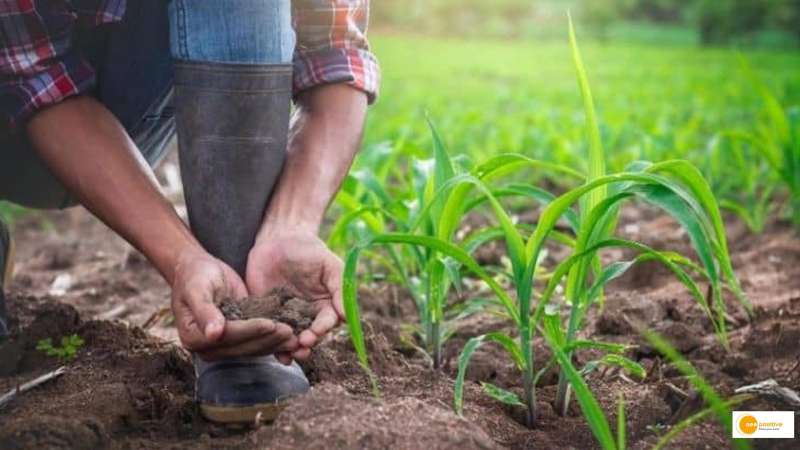

Climate change is an undeniable reality, with its effects reverberating worldwide. While waste management discussions often revolve around household, electrical, and industrial waste, one critical aspect remains largely overlooked: agricultural waste. As we prioritize policies to increase production and productivity, we must not forget to address the significant portion of produce that goes to waste, along with the by-products generated on farms that lack proper disposal strategies.
To understand the magnitude of the issue, let’s explore the classification of agricultural waste. It encompasses various types, including solid wastes from animal and crop production, on-farm medical waste, horticultural waste, and chemical waste resulting from pesticide use.
Need for Sustainable Waste Management
With a burgeoning global population, the generation of agricultural waste demands immediate attention. While discussions on sustainability primarily focus on soil and human health, it’s time to explore innovative solutions for managing farming by-products. Tackling agricultural waste requires the establishment of a dedicated industry aimed at minimizing its environmental impact.
Reducing Agricultural Waste: Key Methods and Approaches
Fortunately, there are effective ways to reduce and recycle agricultural waste, fostering a more sustainable environment. Several methods have shown promise, including composting and organic manure production, which transform kitchen and food waste into valuable fertilizers, animal feed, and bioenergy through anaerobic digestion.
Composting/Organic Manure: A Circular Approach
Utilizing agricultural waste for composting and organic manure not only reduces waste but also enhances soil fertility. By sterilizing and repurposing these waste materials, we can create a closed-loop system that benefits both the environment and agricultural productivity.
Substrates for Edible Fungi Cultivation: A Double Benefit
Another effective approach involves using agricultural waste as substrates for growing edible fungi. This not only provides an additional income stream but also minimizes waste by transforming it into a valuable resource for mushroom cultivation.
Nonconventional Feed Ingredients: Maximizing Resource Efficiency
Recycling agricultural waste as non-conventional feed ingredients presents an opportunity to produce animal-source protein at a lower cost. By feeding cattle with these waste-derived ingredients, we can maximize resource efficiency and reduce the environmental impact associated with traditional feed production.
Alternative Energy Sources and Bio-fuel Production
Exploring alternative energy sources, such as anaerobic digestion, offers a promising avenue for converting agricultural waste into green energy. However, it is crucial to address challenges related to biogas residue disposal and stability in order to fully harness the potential of this technology.
Paving the Way Towards a Greener, Sustainable Agricultural Industry
As we strive for a greener future, it is imperative to prioritize the management of agricultural waste. By implementing sustainable solutions like composting, edible fungi cultivation, nonconventional feed ingredients, and alternative energy sources, we can create a circular economy that minimizes waste, maximizes resource efficiency, and ultimately builds a more sustainable agricultural industry. Together, let us take action and pave the way for a brighter, greener future.


